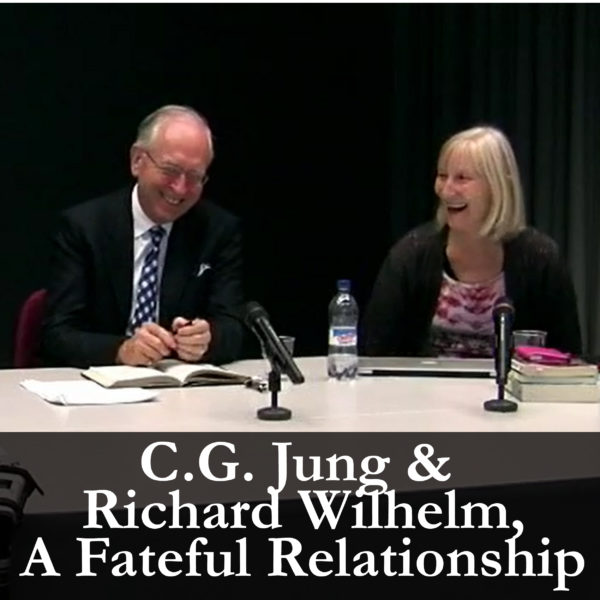In his Memorial Address for Richard Wilhelm in 1930, C.G. Jung recognized that his friend’s work had had a major effect on him: “… [from Wilhelm] the spark leapt across and kindled a light that was to become for me one of the most significant events of my life” (CW 15, para. 74). Further: “Indeed, I feel myself so very much enriched by him that it seems to me as if I had received more from him than from any other man” (ibid., para. 96). Jung’s great and abiding interest in Chinese thought was due to its reliance on the principle of synchronicity rather than causality, which became clear to him largely because of the work of Wilhelm, whom he met at the School of Wisdom in Darmstadt, Germany and immediately recognized as a kindred spirit. Jung’s fascination with the I Ching was fanned by Wilhelm’s translation of the Chinese classic, which appeared in German in the 1920’s. Largely because of Jung’s encouragement, the book was brilliantly translated into English by Cary Baynes, and with Jung’s endorsement and Foreword it became a worldwide best seller in the 1960’s. Jung felt that the West had much to learn from ancient Chinese wisdom, and he regarded Wilhelm and himself as partners in a mission: “Fate seems to have assigned us the role of being two pillars that support the weight of the bridge between East and West.”




